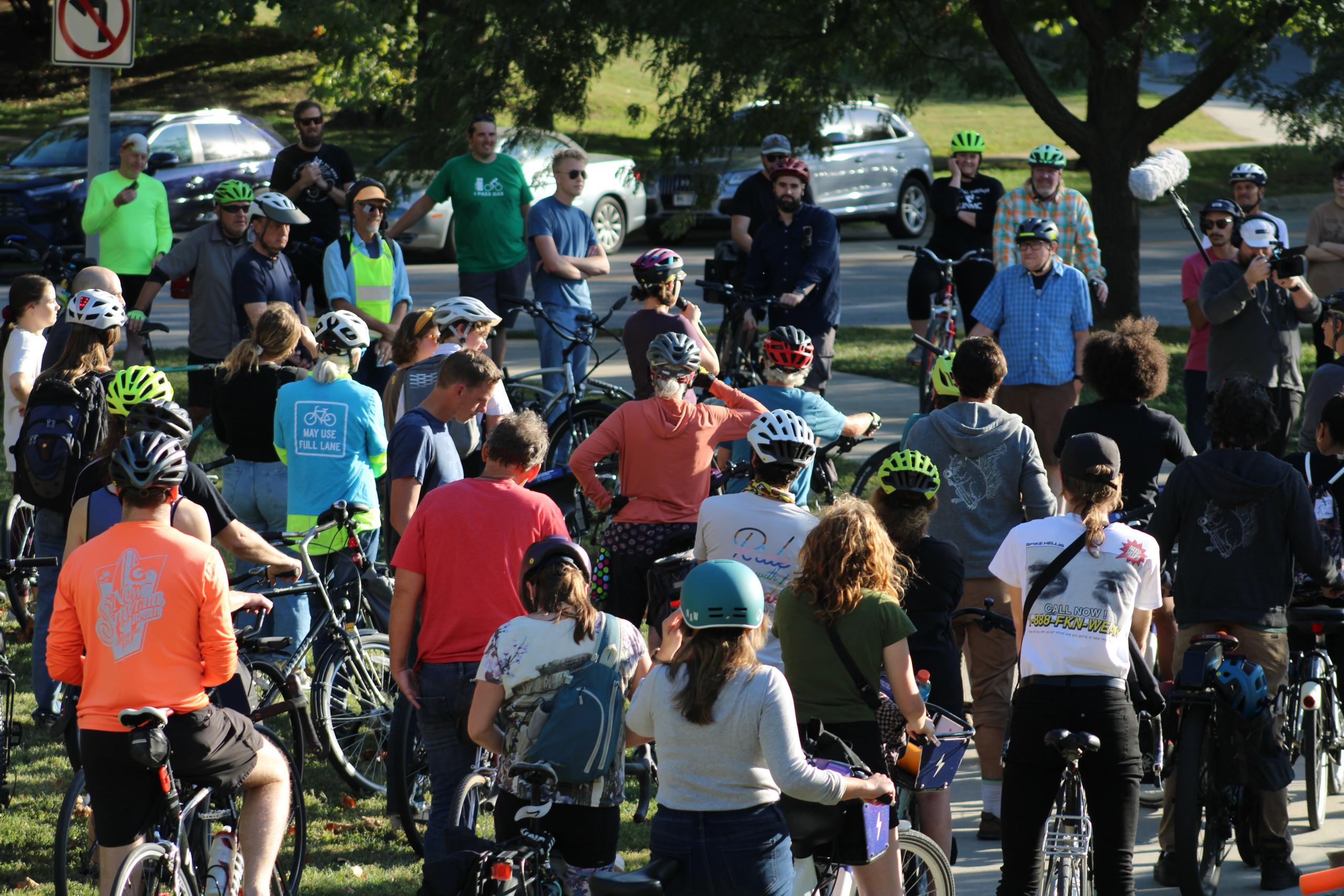 Mode Shift Omaha is on record supporting the now recently-implemented changes made by Metro Transit. Improvements include increasing bus frequency, making the routes more direct and easier to understand, and expanding hours of service on weekends and into the evening. All of these are happening without any increase to Metro’s funding (which by the way is NOT great—Metro’s funding is $36 per capita compared with a median of $56 per capita for similar sized cities across the country).
Mode Shift Omaha is on record supporting the now recently-implemented changes made by Metro Transit. Improvements include increasing bus frequency, making the routes more direct and easier to understand, and expanding hours of service on weekends and into the evening. All of these are happening without any increase to Metro’s funding (which by the way is NOT great—Metro’s funding is $36 per capita compared with a median of $56 per capita for similar sized cities across the country).
Without additional funding, or changes to land use patterns, tradeoffs have to occur for these improvements. Extensive data gathered by Metro suggests the new changes will lead to significant benefits for large numbers of people—and we will keep monitoring the degree of this benefit—but some people are unfortunately negatively affected.
The reality is that currently there are many parts of the city (especially out west) that were built at densities and road configurations that make transit service extremely expensive. To serve these areas means pulling resources away from other parts of the system (assuming no additional funding). Sadly, many people live in these areas and could benefit from better transit. Without the ability to increase its budget by an amount greater than inflation, Metro cannot possibly hope to offer city-wide service at frequencies that make the system reasonably usable for many people.
If we want to make improvements to the system AND adequately serve lower density areas of the city, we need to advocate for increased support for transit:
- One option for this could include an increase in the property tax devoted to transit to the maximum allowable level (0.10%—currently it is 0.05%) within the City of Omaha or beyond depending on the scope of service. Several similar funding options are outlined in the Regional Transit Vision report here. Contact your state senator to ask them to support policies that provide additional funding for Metro.
- Another option is to change how we invest in transportation. We spend millions of dollars regularly subsidizing the very expensive car-centric transportation system that we have now, which inevitably leads to sprawl and the low densities and other problems that negatively impact transit and other non-auto modes of transportation. Transit costs much less comparatively and brings about all sorts of benefits. Contact your city council representative and the mayor’s office to ask them to support policies that invest more in transit and transit-friendly design.
Let’s all work together to make sure transportation options are available for everyone on our community.

